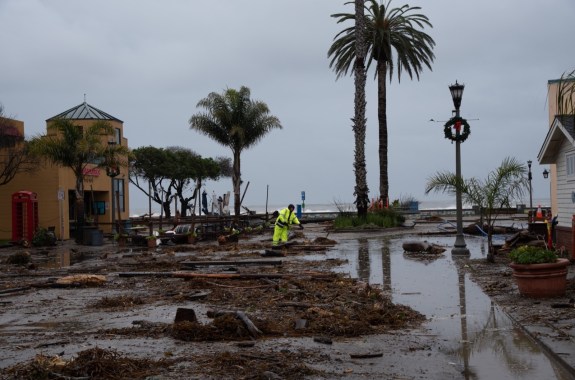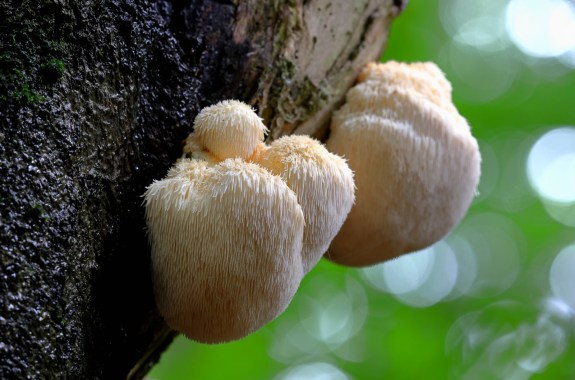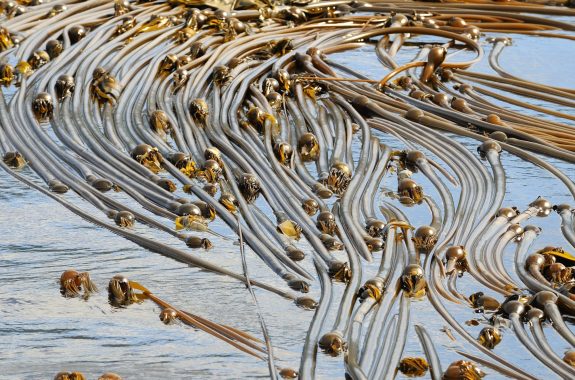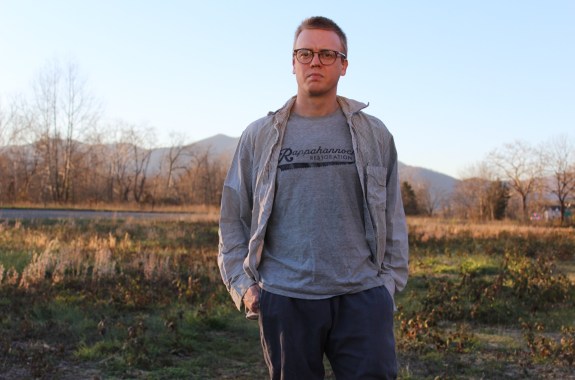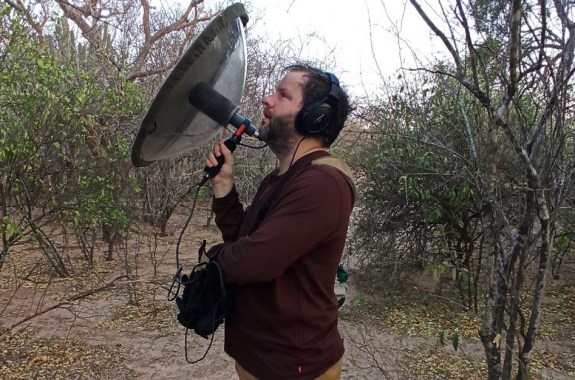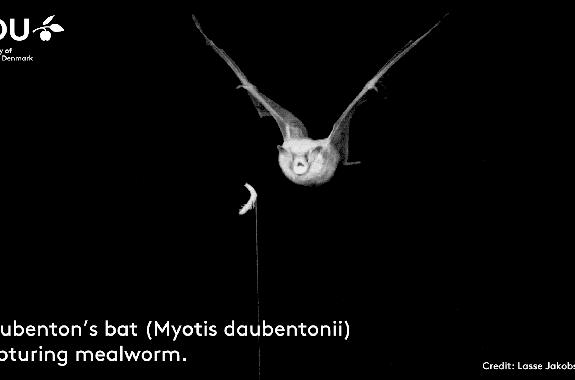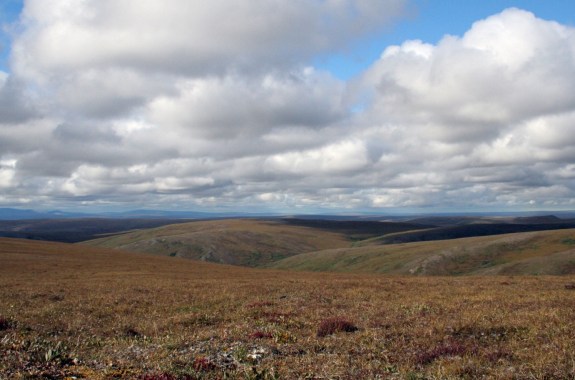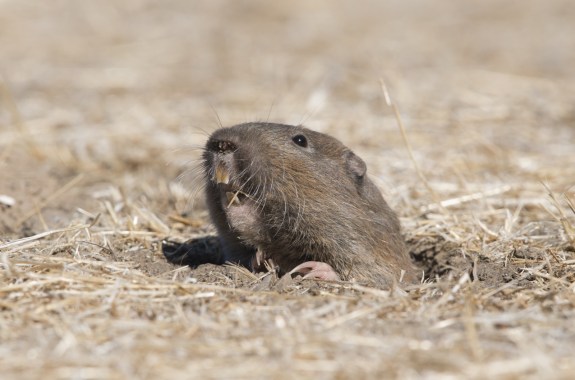17:25
How The Western U.S. Could Rebuild Its Water Infrastructure
Amid historic drought, what realistic solutions are available to stabilize the future of water in the western U.S.?
7:53
Lion’s Mane Mushrooms Improve Memory, Study Finds
Mice fed with the mushroom had better hippocampal memory—a result that may guide new treatments for dementia.
17:02
The Unseen World Of Seaweeds
A new book celebrates the beautiful and underappreciated seaweeds shaping coastlines around the world.
8:09
Blending The Sounds Of Climate Change With Appalachian Music
To communicate his anxiety around climate change, folk musician Daniel Bachman turned to a new collaborator: the sounds of extreme weather.
Air Pollution Around The World
In this lesson, students will research how air pollution is generated and its impact on countries around the world before brainstorming creative solutions for a country of their choosing, and crafting a Public Service Announcement.
12:18
Meet The Blind Birder Reimagining Accessibility In The Outdoors
In the Colombian Andes, a professional birder has developed trails to help visually disabled people take part in hiking and birding.
9:14
Bats Use Death Metal ‘Growls’ To Make Social Calls
A recent study reveals that bats are able to extend their vocal range to seven octaves, which may prove useful for social communication.
11:40
Early Migration To North America Likely Wasn’t A One-Way Road
New genomic research reveals ancient peoples didn’t just travel from Asia to North America; they likely journeyed back too.
10:00
What’s Going On Underground With Gophers?
How do these burrowing rodents get enough food while staying underground? Plus the case for appreciation, not extermination.
5:07
In A New Hampshire Town, It’s Snowmobilers Vs. Beavers
Some residents want to leave a pond to beavers; others want it drained for snowmobile trails.
